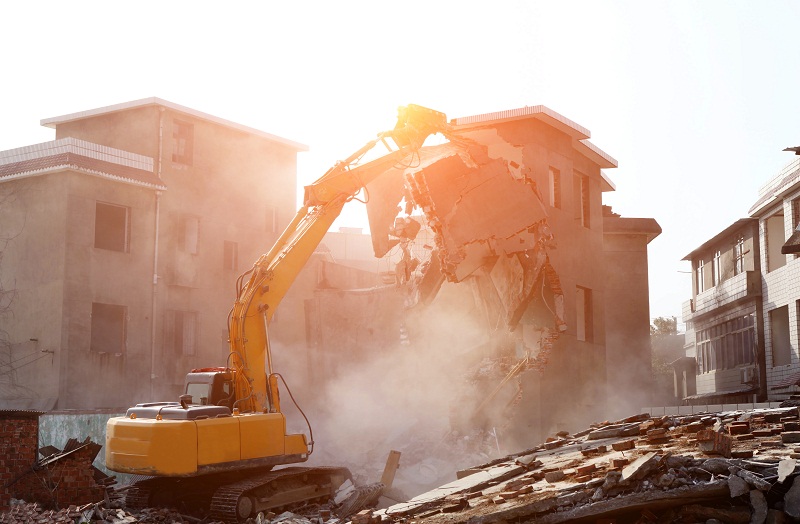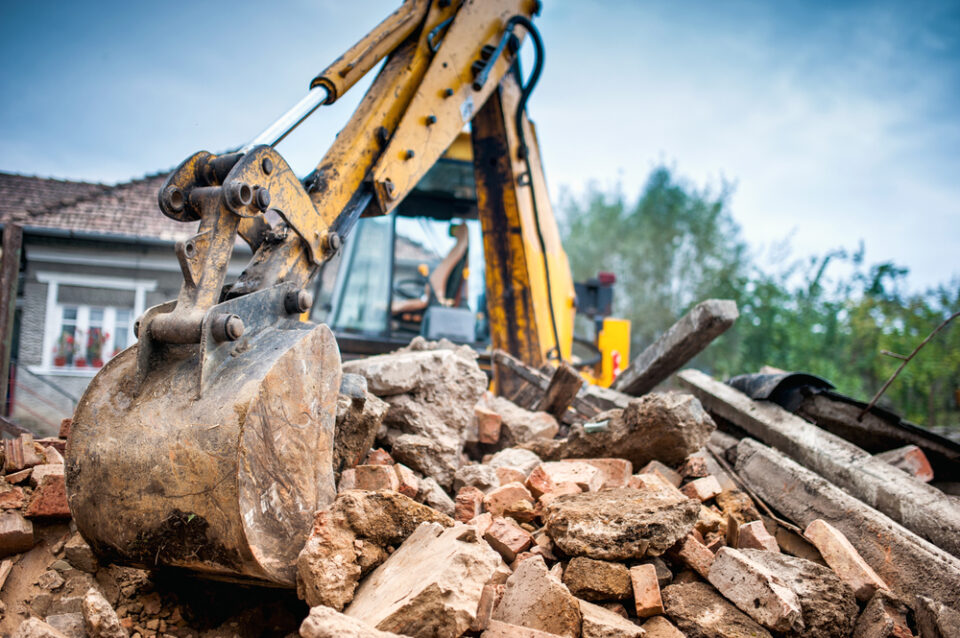Table of Contents
Introduction
The art of any construction process begins by understanding the significance of the destruction that goes hand in hand with it. In the world of building, this is where demolition experts come in. These are professionals who are trained to safely and efficiently bring down old or unneeded structures, paving the way for new constructs. This post aims to guide you through the process of transforming from an aspiring demolition enthusiast to a trained demolition specialist.
Choosing a career path can be daunting, but in demolition, you will find a profession that is rewarding and continuously evolving. Your path to becoming a demolition specialist promises to be both challenging and exciting. This guide seeks to provide much-needed information about the roles and responsibilities, required qualifications, and necessary hands-on experience to make your journey smooth sailing.
Understanding the Role of a Demolition Specialist
At a glance, one may think that the job of a demolition specialist entails mere tearing down of structures. However, it involves a complex process requiring expert knowledge and skills. A demolition specialist is responsible for the strategic planning of dismantling buildings or structures. They are required to assess the structure’s strength, decide on the most efficient demolition process, and ensure minimal environmental impact.
The role of a demolition specialist is intrinsically linked with urban development. With urbanization rapidly changing cityscapes, demolition specialists play a principal role in removing old, unsafe structures to create room for state-of-the-art buildings. Thus, demolition experts significantly contribute to architectural advancements and are a cornerstone of the construction industry.
Required Education and Training
Becoming a demolition specialist doesn’t necessarily require a university degree, but a certain level of education and training is essential. You need to have at least a high school diploma or equivalent. Following that, vocational training programs, which emphasize mathematics, blueprint reading, machining, and safety, can prove beneficial.
Apart from formal education, apprenticeships provide a platform to learn the keys of the trade, offering hands-on training under the supervision of a seasoned demolition expert. In such programs, you would learn safety procedures, equipment usage, and more advanced aspects like explosives handling and structural engineering. It’s a vital step in foundation building to becoming a master of this craft.

Gaining Work Experience
Just like any profession, hands-on experience is invaluable in the field of demolition. Having theoretical knowledge is one thing, but applying that knowledge practically on-site is what hones your skills. Working in actual demolition sites allows you to understand workflow, safety practices, and machinery operation more comprehensively.
To accumulate this experience, seek internships or junior roles within demolition companies. These opportunities not only enhance your learning but also increase your visibility in the industry. As an intern or junior staff member, you can pick up practical tricks of the trade, which are often not covered in formal training.
Securing Necessary Licenses and Certifications
In a highly specialized industry like demolition, securing the proper licenses and certifications is paramount. In Australia, licensing requirements vary depending on the state you practice in. Therefore, it’s essential to research and comply with local regulations.
Investing in specialty certifications, which acquaint you with the latest technologies and process advancements in the industry, makes you more versatile and attractive to employers. Certifications like the Lead-Based Paint Activities and Renovation and the Explosive Use Certificate of Fitness indicate you are proficient in specialized areas within the field of demolition.
Safety First: Rigorous Training and Knowledge
At the heart of demolition lies safety. Dealing with collapsing structures and explosives are inherent part of the job, making it a high-risk occupation. Therefore, comprehensive knowledge of safety regulations, meticulous training in hazard management, and a disciplined approach to safety are vital.
To nurture a safe work environment, make it a habit to regularly review and refresh your knowledge of safety practices. Watch out for new regulations and participate in safety workshops when available. Remember, as a specialist, it’s not only your safety at stake but the entire team’s.
Advanced Skills and Specialisations
Mastering advanced skills in specific demolition techniques increases your value as a professional. These advanced techniques could involve working with explosives, handling asbestos, or managing large-scale industrial demolitions.
To thrive in this dynamic industry, consider specializing in a particular technique or method of demolition based on market demand, personal interest, or relevance in your enterprise. Focusing on a niche segment can propel your career and make you a sought-after professional in that area.
Career Progression and Opportunities
The demolition field is ripe with opportunities for growth and advancement. From starting as an intern to developing into a demolition specialist, and eventually leading teams in major demolition projects, progression is abundant.
Moreover, with the constant evolution of technology, there’s an ever-present opportunity to learn and adapt, keeping your career continually stimulating. As a professional, you can also explore consulting, teaching, or starting your own demolition company thus making a profound impact on the industry.
Interview with a Demolition Expert
To provide a practical perspective, we interviewed John Doe, a seasoned demolition expert, on the realities of the profession. John emphasized the importance of safety measures and continuous learning. He advised aspiring demolition specialists to be prepared for physically demanding tasks and advised them to keep abreast with the latest industry trends.
John’s invaluable insights often come bundled with years of practical experience and encapsulate what it’s like to be in the shoes of a demolition specialist—the trials, tribulations, and triumphs.
Conclusion
Whether you’re considering becoming a demolition specialist or have already embarked on this fulfilling journey, it’s important to understand the demands and rewards of this profession. The process requires dedication, continuous learning, and adherence to safety practices. As you progress, stay open to new learning opportunities and specializations that could make you a sought-after professional in this dynamic industry.
Remember, as a demolition specialist, your work is an essential step in the process of construction and urban development. You are a significant player in the narrative of progress and transformation. Hence, never underestimate the impact of your work.

